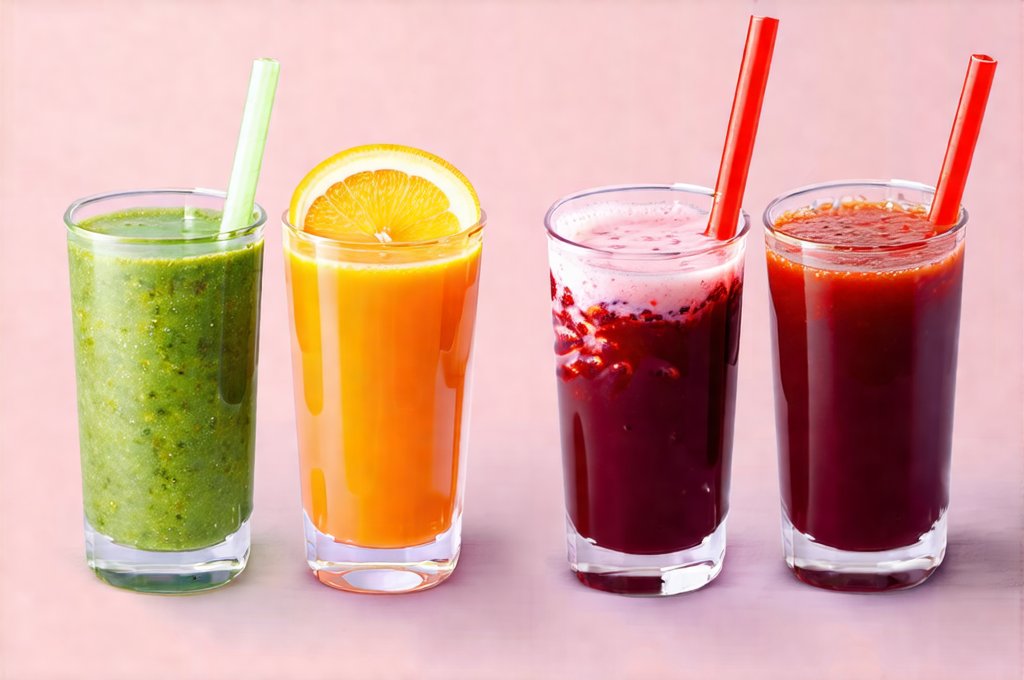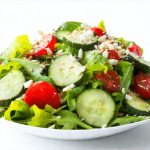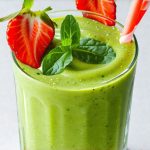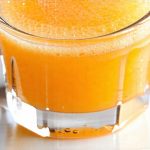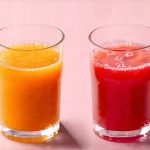Cold-pressed juice has exploded in popularity as a cornerstone of wellness routines, often touted for its concentrated nutrients and detoxifying properties. Many individuals turn to these vibrant beverages hoping for improved digestion and overall vitality. However, paradoxically, some people experience increased bloating after consuming cold-pressed juices, leaving them confused and questioning whether their healthy habit is actually contributing to discomfort. Understanding the nuances of how our bodies process juice – versus whole fruits and vegetables – is key to unraveling this seemingly contradictory effect. It’s not always a simple case of “juice = bad”; rather, it’s about individual sensitivities, ingredients used, and how these juices fit into one’s broader dietary context.
The appeal of cold-pressed juice lies in its perceived ease of nutrient absorption. Unlike traditional juicing methods that generate heat and potentially degrade enzymes, cold-pressing utilizes hydraulic pressure to extract juice, preserving more vitamins, minerals, and enzymes. This results in a beverage packed with readily available nutrients. However, this very characteristic – the removal of fiber and the concentration of natural sugars – is precisely where potential issues can arise for those prone to bloating. The body processes liquids differently than solids, and the rapid influx of concentrated nutrients can sometimes overwhelm the digestive system. Moreover, certain juice combinations or ingredients might trigger sensitivities in specific individuals, leading to gas, distension, and discomfort. Understanding how hormonal imbalances can affect digestion is also important for some people.
Understanding the Digestive Process & Juice
The human digestive system is designed to process whole foods efficiently, relying on fiber for optimal function. Fiber slows down digestion, allowing for gradual nutrient absorption and preventing rapid spikes in blood sugar. It also provides bulk, which aids in regular bowel movements. When fiber is removed – as it is during juicing – the body receives a concentrated dose of sugars (fructose, glucose) without the mitigating effects of fiber. This can lead to osmotic diarrhea or bloating as the body struggles to process the sudden influx of sugar and water. Additionally, the lack of chewing required for juice consumption means less stimulation of digestive enzymes in the mouth, further impacting initial stages of digestion. If you find that cold drinks exacerbate your symptoms, consider alternatives as well.
The speed at which juice is digested also plays a role. Because it’s pre-digested (lacking fiber), it moves quickly through the small intestine and into the large intestine. This rapid transit time can sometimes leave insufficient time for proper nutrient absorption, potentially leading to fermentation in the colon by gut bacteria. Fermentation produces gas, which contributes directly to bloating symptoms. It’s important to remember that everyone’s digestive system is unique; what causes bloating in one person might not affect another. Factors like gut microbiome composition, existing digestive conditions (like IBS), and overall diet all play a significant role.
Finally, the concentration of certain compounds found naturally in fruits and vegetables can also contribute to bloating. For example, fructans – a type of carbohydrate found in apples, onions, and garlic – are notorious for causing gas in sensitive individuals. While present in smaller amounts in whole produce, they become highly concentrated in juice form. This is why carefully considering the ingredients in your cold-pressed juice is crucial. Poor posture can also contribute to digestive discomfort for some individuals.
Common Bloating Culprits in Cold-Pressed Juices
Certain fruits and vegetables are more likely to trigger bloating than others, particularly when consumed in juiced form. Apples, pears, peaches, and plums all contain significant amounts of fructose and sorbitol – sugars that can be poorly absorbed by some individuals, leading to fermentation and gas production. Similarly, cruciferous vegetables like broccoli, cauliflower, and cabbage are known for their sulfur-containing compounds, which can also contribute to bloating in sensitive digestive systems.
Beyond specific ingredients, the overall composition of the juice matters. Juices high in sugar – even natural sugars from fruit – can exacerbate bloating. The gut bacteria thrive on these sugars, leading to increased gas production. Combining multiple sugary fruits without balancing them with lower-sugar vegetables (like celery or cucumber) can intensify this effect. Furthermore, some individuals may have sensitivities to specific ingredients that they aren’t even aware of. This could be a mild intolerance to a particular fruit or vegetable, or it could be related to an underlying digestive condition. Essential oils might offer some relief for those struggling with digestion, but always consult your doctor first.
It’s also important to consider the source and quality of the produce used in cold-pressed juices. Organic produce is generally preferred as it minimizes exposure to pesticides and herbicides which can potentially disrupt gut health. However, even organic produce can vary in its composition depending on growing conditions and variety.
Identifying Your Personal Triggers
The first step in addressing juice-related bloating is identifying your personal triggers. This requires some self-observation and experimentation. Start by keeping a detailed food diary, noting what juices you consume, the ingredients they contain, and any associated symptoms (bloating, gas, discomfort). Pay attention to when the symptoms occur – immediately after drinking the juice or several hours later?
- Track your juice consumption alongside other foods eaten throughout the day. Sometimes bloating isn’t directly caused by the juice itself but rather an interaction with another food.
- Experiment with eliminating specific ingredients from your juices one at a time to see if that makes a difference. For example, try a juice without apples for a few days and observe if your symptoms improve.
- Consider getting tested for food sensitivities or intolerances under the guidance of a healthcare professional. While these tests aren’t always definitive, they can provide valuable insights into potential problem areas. Dairy products are known to affect some people’s digestive systems as well.
Modifying Your Juice Consumption Habits
Once you’ve identified potential triggers, you can modify your juice consumption habits to minimize bloating. One effective strategy is to dilute your juice with water. This slows down the rate of digestion and reduces the concentration of sugars. Adding a small amount of healthy fat – such as avocado or flaxseed oil – can also help slow down absorption and reduce blood sugar spikes.
- Prioritize juices made primarily from lower-sugar vegetables like celery, cucumber, spinach, and kale.
- Balance sweet fruits with bitter greens to counteract the sugar content.
- Consider incorporating a small amount of ginger into your juice; it’s known for its digestive properties and can help reduce bloating.
- Sip your juice slowly rather than gulping it down quickly. This allows the digestive system more time to process the liquid.
Supporting Overall Digestive Health
Beyond modifying your juice consumption, supporting overall digestive health is crucial for minimizing bloating. A healthy gut microbiome plays a vital role in digestion and reducing gas production. Incorporating probiotic-rich foods into your diet – such as yogurt, kefir, sauerkraut, and kimchi – can help nourish beneficial bacteria.
- Ensure you’re getting enough fiber from whole foods in addition to your juice intake. Fiber provides bulk and supports regular bowel movements.
- Stay adequately hydrated by drinking plenty of water throughout the day. Dehydration can exacerbate constipation and bloating.
- Manage stress levels through techniques like yoga, meditation, or deep breathing exercises. Stress can negatively impact digestion. Yoga may help reduce stress and promote overall wellbeing.
- Consider consulting with a registered dietitian or nutritionist for personalized guidance on optimizing your diet and digestive health. Remember that cold-pressed juices are not inherently bad; it’s how they are incorporated into a holistic approach to wellbeing, combined with attention to individual tolerances, that determines their impact. Menopause can also affect digestive health in women and may require specific dietary adjustments.

